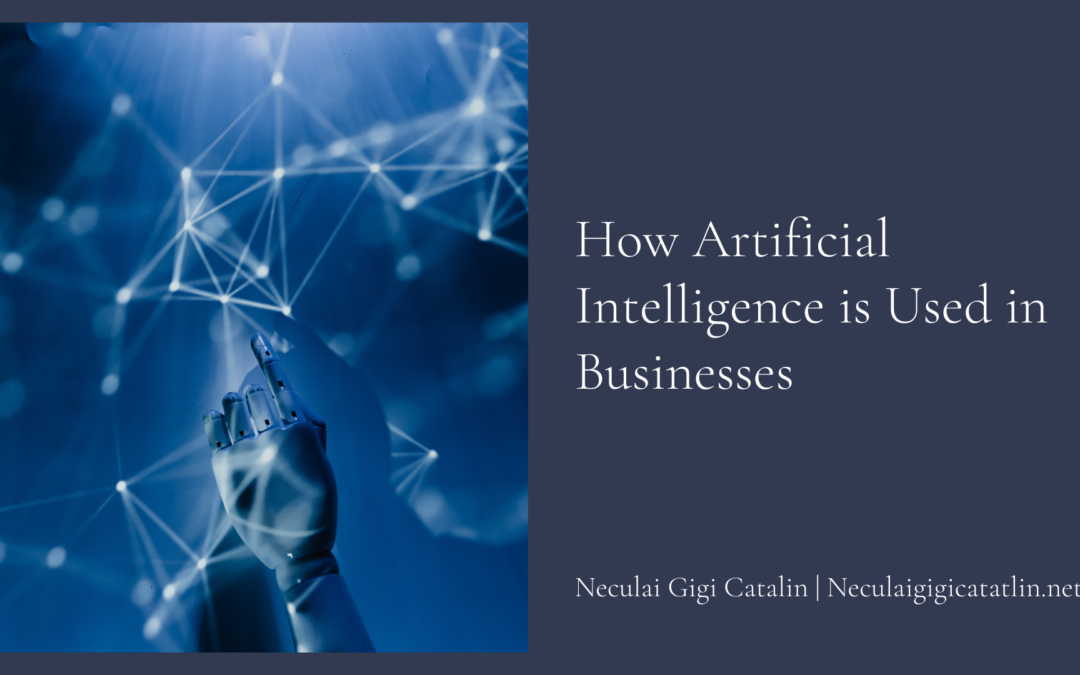AI has been around for a long time now. It’s becoming more prevalent in the workplace, and 86% of chief executives said it’s a vital part of their operations. Its ability to predict customer behavior and reduce data entry is becoming more important than ever.
Artificial Intelligence is already being used in various business applications and is not a new concept. It can help make decisions more accurately and quickly. In this article, we’ll talk about seven current uses of AI in the workplace.
Artificial intelligence in sales
Sales organizations and experts are starting to rethink the balance between machines and humans to improve their efficiency and effectiveness. According to a study conducted by Harvard Business Review, using AI in sales can help boost leads by over 50%, reduce call time by up to 70%, and cut down on costs by up to 60%. Given these numbers, it’s clear that leaders need to start looking into AI to improve their bottom line.
Demand Forecasting: One of the most critical factors that sales organizations need to consider when implementing AI is the ability to create accurate and timely sales projections. With the help of artificial intelligence, they can now make these predictions based on historical data.
Lead Scoring: One of the most effective tools that sales professionals can use to improve their lead prioritization is by implementing AI. This technology can help them identify potential customers who are most likely to convert and which ones are most likely to close. It can then rank the leads based on various factors such as their social media and historical data.
Sales rep chatbot: According to studies, chatbot technology can help sales professionals improve their sales by up to 67%. They can start conversations by delivering a personalized message and making it easier for customers to interact with them. Sales reps can also use AI to create personalized emails, eliminating the need to send out these messages to multiple customers manually.
Marketing
As organizations look to improve their operational efficiency and customer experience, they’re starting to implement AI in their marketing departments. With the help of this technology, they can gain a deeper understanding of their target customers. This can then be used to increase conversions and reduce marketing teams’ workload.
Better CRO: While it’s still not yet possible to fully construct a fully functional website, AI can help improve the experience of visitors by delivering customized and intelligent web experiences.
Website Experience: Through artificial intelligence, web experiences can be analyzed based on various factors, such as the user’s location, device, and interaction with the site. It can then display the most relevant content and offers.
Push Notifications: One of the most effective ways to improve visitors’ experience is by implementing push notifications, which can be customized to provide the most relevant message at the right time.
Image Recognition: Computer vision can also be used to analyze images and other visual inputs to improve marketing effectiveness. For instance, by analyzing the millions of photos posted on social media sites daily, marketers can understand how their products and services are used.
SEO Optimization: The term “search volume” refers to how many people look for certain words and phrases while surfing the Internet for services or items. With the help of machine learning algorithms, which are used to analyze web experiences, marketers can now better understand how their customers are using the Internet. One of the most effective applications of this technology is to analyze competitor strategies to find areas of weakness in your website that you can exploit to improve its search engine ranking.
